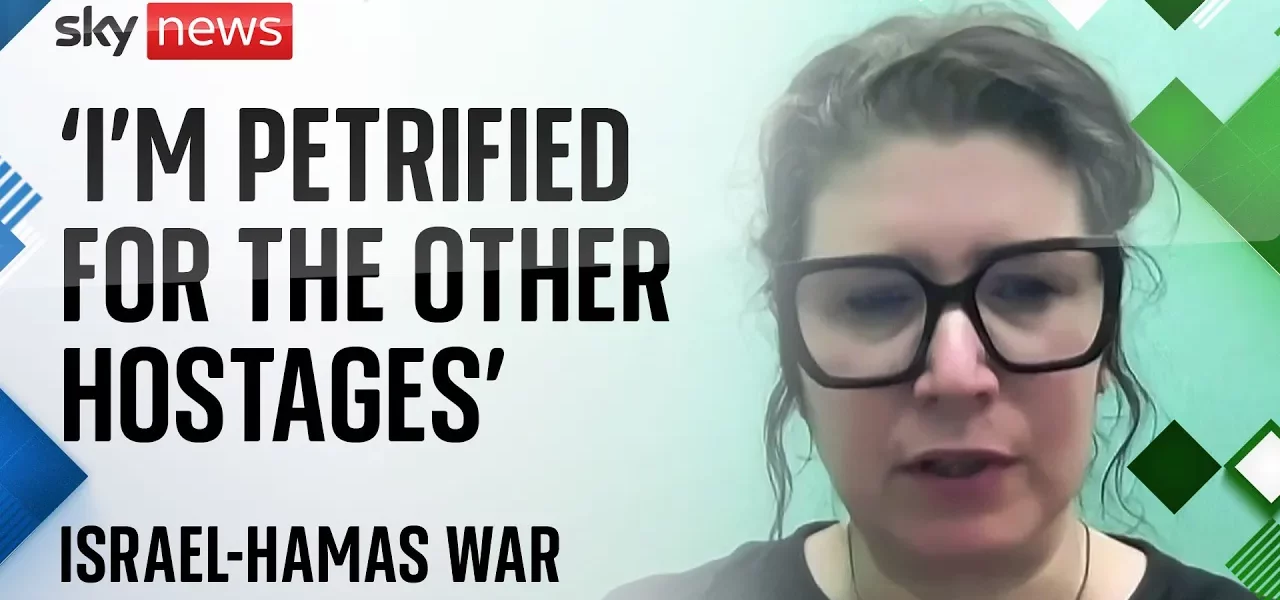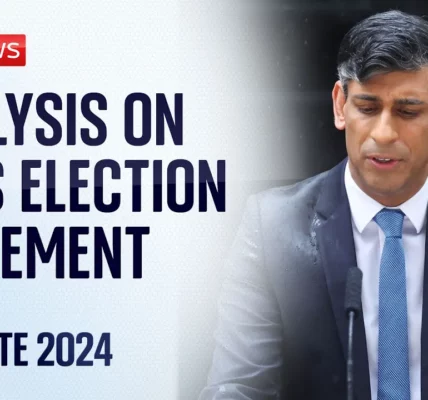Recovery of Israeli Hostages: Emotional Reactions and Ongoing Concerns

This article delves into the recent confirmation by the Israel Defense Forces regarding the recovery of six Israeli hostages from Gaza. It explores the emotional turmoil faced by families, the role of the Israeli government, and the broader implications for the Israeli-Palestinian conflict.
Introduction
The situation surrounding the Israeli hostages held in Gaza has reached a critical juncture. Recently, the Israel Defense Forces confirmed the recovery of the bodies of six hostages who were taken by Hamas on October 7, 2022. This development has reignited emotions and fears among families of the remaining hostages, as well as the general Israeli public. This article seeks to provide a comprehensive overview of the emotional and political landscape in the wake of this tragic news.
Emotional Reactions to the Hostage Recoveries
The discovery of the deceased hostages has evoked a wave of anger and despair among their families and the broader Israeli community. Sheron Lifshitz, whose father remains missing, articulated her profound rage and fear regarding the fate of other hostages. The emotional toll on families is immense, as they grapple with the uncertainty of their loved ones’ conditions.
Feelings of Rage and Despair
For many, the news of the six hostages being confirmed dead has led to:
- Intense anger towards Hamas for their actions
- Deep sadness for the families of hostages
- Frustration with the Israeli government’s handling of the hostage situation
The Ongoing Uncertainty
Families like Sheron’s continue to live in fear and uncertainty. With many hostages unaccounted for, there is a constant emotional burden carried by those left behind. Sheron emphasized the difficulty of making lists of who is believed to be alive, highlighting the psychological strain this places on families.
Government Response and Public Sentiment
The Israeli government’s response to the hostage crisis has come under scrutiny, particularly the actions of Prime Minister Benjamin Netanyahu. Critics argue that Netanyahu’s political maneuvers have compromised the safety and potential recovery of hostages.
Criticism of Netanyahu’s Leadership
Many citizens express concerns about Netanyahu’s priorities, suggesting that:
- His political interests overshadow the urgency of the hostage situation.
- He may be using the hostage crisis as a means to divert attention from his ongoing legal challenges.
- There is a perceived lack of transparency and communication regarding the status of hostages.
Calls for Action from the Public
In light of the recent developments, there have been increased calls for public demonstrations and strikes. Many believe that a significant show of solidarity could pressure the government into taking more decisive actions to secure the release of hostages. Sheron highlighted the need for citizens to mobilize and voice their demands for a comprehensive hostage deal.
The Broader Context of the Israeli-Palestinian Conflict
The ongoing conflict between Israel and Hamas is complex and deeply rooted in historical grievances. The recent recovery of hostages is not just a standalone incident but part of a larger narrative involving humanitarian concerns, military actions, and the plight of both Israeli and Palestinian civilians.
The Humanitarian Aspect
In the midst of conflict, the humanitarian situation in Gaza remains dire. Sheron emphasized the importance of recognizing the suffering of both sides, particularly the children affected by the violence. Key points include:
- The urgent need for humanitarian aid in Gaza.
- The moral obligation to seek peace and resolution to prevent further bloodshed.
- The interconnectedness of the fates of hostages and civilians in the region.
Hope for Future Ceasefires
Amidst the turmoil, there is a glimmer of hope that humanitarian pauses in fighting can pave the way for longer-term ceasefires and negotiations. The potential for future dialogues between conflicting parties could lead to:
- Increased chances for the safe return of hostages.
- Opportunities for addressing underlying issues that fuel the conflict.
- A renewed focus on the humanitarian needs of all affected populations.
Conclusion
The confirmation of the deaths of six Israeli hostages has reignited the emotional intensity surrounding the ongoing conflict in Gaza. Families remain in turmoil as they wait for information about their loved ones, while the Israeli public increasingly demands decisive action from their government. It is crucial for all parties involved to prioritize human life and work towards a resolution that not only addresses the hostage situation but also the broader humanitarian crisis. As the situation unfolds, it is essential for the citizens of Israel to make their voices heard, advocating for peace and the return of all hostages.
For further insights on the Israeli-Palestinian conflict and its humanitarian implications, visit our related articles on this website.
“`




